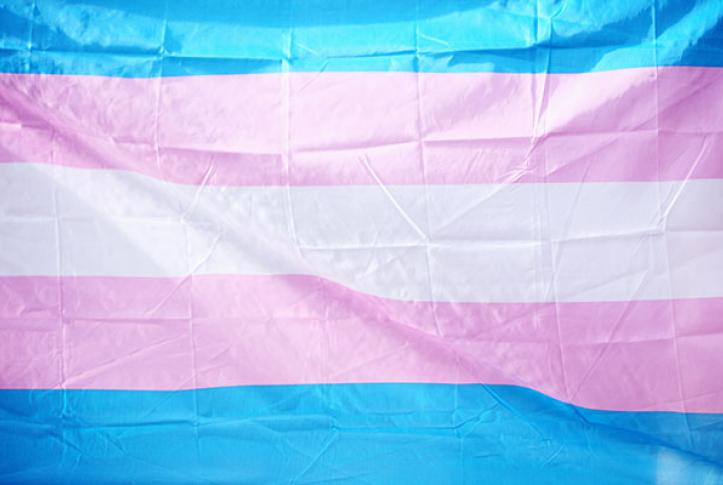Late last week, the Trump administration issued a final rule amending an Obama-era rule implementing section 1557 of the Affordable Care Act (ACA), which prohibits discrimination on the basis of race, color, national origin, age, disability, or sex. Section 1557 applies to any health program or activity that receives federal financial assistance, any activity or program administered by a federal executive agency, and any entity established under Title I of the ACA, such as the health insurance marketplaces. The 2016 Obama-era rule that implemented section 1557 liberally interpreted it to enhance civil rights protections; the Trump rule dramatically cuts back these protections, limits the entities — like insurers — that are subject to the rules, and reduces enforcement alternatives for people who suffer discrimination. The U.S. Department of Health and Human Services (HHS) received nearly 200,000 comments on its proposed rule, but rejected all that questioned its proposals, which it adopted virtually unchanged. The Supreme Court decision of June 15, however, questions the validity of this new rule.
Protections for Transgender Individuals Eliminated
Most consequentially, the amendments eliminate the prior rule’s explicit protections for transgender individuals. The 2016 rules interpreted section 1557’s sex discrimination prohibition to require covered entities (e.g., hospitals, insurers) to treat individuals consistent with their gender identity. Under the rule, covered entities could not deny access to health services or facilities based on gender identity, exclude coverage for gender transition services, or otherwise restrict or limit services based on an enrollee’s transgender status. The new amendments completely drop these protections. They instead take the position that the sex discrimination prohibition recognizes only two sexes and only bars discrimination based on an individual being male or female and not on gender identity.
Although the rule does not specifically address sexual orientation discrimination, it drops the earlier rule’s prohibition of discrimination based on sexual stereotyping. It also eliminates explicit protections against discrimination based on gender identity or sexual orientation from 10 HHS programs, including Medicaid managed care and the Medicare Program of All-inclusive Care for the Elderly, which helps people stay in their communities rather than nursing homes. The final rule also eliminates a prohibition against discriminating based on a person having had an abortion.
The rule’s preamble argues that these changes are compelled by decisions of a Texas district court that first temporarily blocked and then threw out the gender-identity and termination-of-pregnancy provisions. The preamble refers to these decisions more than 40 times. However, on June 15, the Supreme Court decided that Title VII of the Civil Rights Act prohibits discrimination based on sexual orientation or gender identity in employment. The 1557 rule is promulgated under a different title of the Civil Rights Act, but the sexual orientation and gender identity provisions of the 1557 rule will now be much harder to defend. The remaining provisions of the rule, however, are not affected by the Supreme Court decision.
Language Access Requirements Truncated
In a second major change, the Trump rule eliminates some language-access requirements. The 2016 rule required covered entities to post in their physical facilities and on their websites, and to include in significant communications, a notice stating that they did not discriminate and that language assistance (i.e., interpreters and translated documents) were available without charge. It also required short statements in the top 15 languages in the state (other than English) stating that language assistance is available free of charge. The new rule eliminates these requirements. It also provides that entities do not need a language access plan, that entities can consider cost and other factors in making language access services available, and that only audio (and not video) translation services are necessary. The preamble claims the elimination of the notice and tagline requirements will save $2.9 billion over five years.
Fewer Covered Entities Must Comply with Rules
Third, the rule cuts back on which entities are subject to the rule. The 2016 Obama rule defined covered entities very broadly. The Trump rule applies to operations that are principally in the business of providing health care — like hospitals or clinics — that receive federal financial assistance through HHS and programs administered under ACA Title I. But the rule significantly reduces its reach as to health insurers. Insurers that receive federal funds must only comply with section 1557 for the parts of their businesses that receive federal funds. For example, self-insured employer plans, short-term insurance plans, or individual health insurance sold outside the marketplaces are exempt.
Remedies Reduced
Finally, the rule eliminates requirements that covered entities with more than 15 employees have a compliance coordinator, a grievance procedure, and provisions to allow victims of discrimination to sue to enforce their rights. Full responsibility for administrative enforcement of 1557 is delegated to the Office for Civil Rights.
Religious Protections Expanded
Even as the rule eliminates protections for marginalized communities, the rule, once again, prioritizes the administration’s view of religious freedom. Under the rule, the 1557 antidiscrimination provisions do not apply if they would “violate, depart from, or contradict definitions, exemptions, affirmative rights, or protections” under the federal Religious Freedom Restoration Act or other federal conscience protection provisions.
The new rule reflects the current administration’s lack of concern for transgender individuals, non-English speakers, and for civil rights, in general — other than freedom of religion. It will undoubtedly be quickly challenged in court, particularly given the Supreme Court’s June 15 decision. If a new administration takes over in 2021, the rule will almost certainly be revisited.




